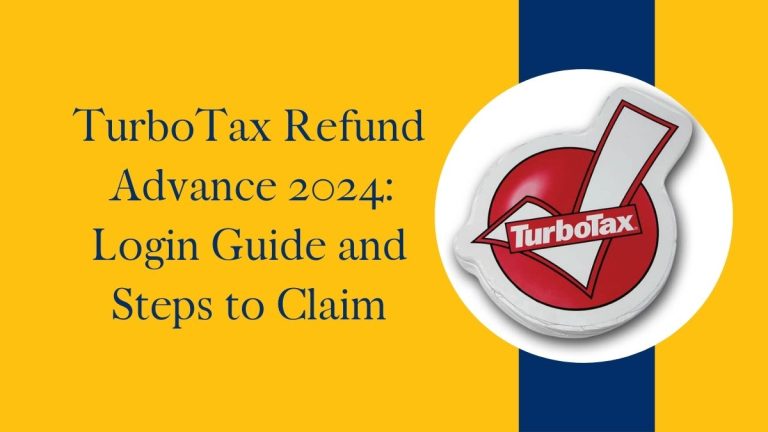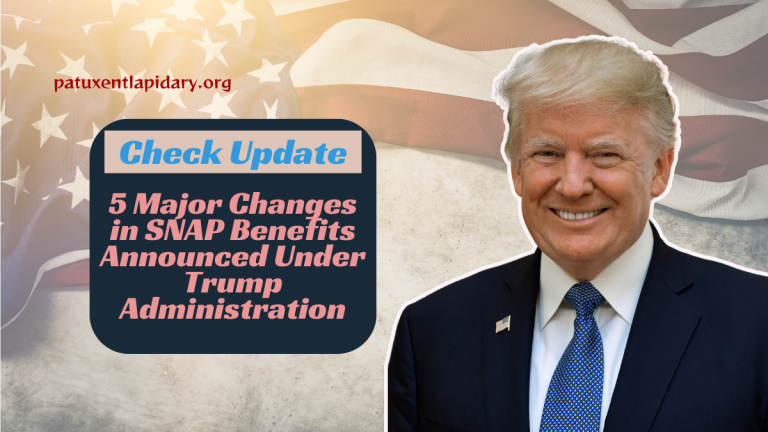As the year draws to a close, Social Security beneficiaries in the United States eagerly anticipate their final payments, which play a vital role in ensuring financial stability. December is particularly significant, offering regular benefits and, for some, the maximum monthly payment of up to $4,873, depending on their work history and financial decisions.
This article provides a comprehensive breakdown of the December Social Security payment schedule, including adjustments due to holidays, early Supplemental Security Income (SSI) payments, and tips to manage these resources effectively.
December Social Security Payment Schedule
Regular Payments Based on Birthdates
The Social Security Administration (SSA) maintains a consistent payment schedule, distributing funds based on beneficiaries’ birth dates. For December, payments for those receiving benefits since May 1997 or later are as follows:
| Birth Dates | Payment Date |
|---|---|
| 1st – 10th of the month | December 11 |
| 11th – 20th of the month | December 18 |
| 21st – 31st of the month | December 24 (moved to 23rd due to Christmas) |
Early Payment on December 24
To account for the Christmas holiday, the SSA has adjusted the payment date for beneficiaries born between the 21st and 31st of the month, ensuring funds are received on December 23 instead of the usual 24th. This proactive adjustment helps beneficiaries access their payments ahead of the holiday, reducing any potential financial stress during the festive season.
Direct Deposit for Timely Payments
The SSA strongly encourages beneficiaries to opt for direct deposit, the fastest and most secure method for receiving funds. If a payment does not arrive as scheduled, beneficiaries should promptly contact the SSA to resolve the issue.
Advance SSI Payment in December
Why SSI Payments Are Early
A significant event in December is the early Supplemental Security Income (SSI) payment. Normally scheduled for January 1, this payment is moved to December 31, as January 1 is a national holiday when government offices are closed. This advance ensures uninterrupted access to crucial financial resources.
Impact of SSI Advance on Beneficiaries
While this payment is received in December, it is officially part of the January 2025 benefits. Beneficiaries should remember that this does not count as additional income but rather aligns with the program’s established schedule.
Maximizing December Benefits
Key Considerations for Beneficiaries
- Stay Informed: Knowing the payment dates ensures beneficiaries can plan their finances effectively.
- Manage Funds Wisely: Regular payments and the SSI advance provide an opportunity to evaluate personal finances and prepare for the new year’s expenses.
- Avoid Delays: Ensure contact details with SSA are updated to prevent any disruptions in receiving payments.
End-of-Year Financial Planning
For many, December serves as a time to assess personal finances, set goals for the upcoming year, and allocate resources wisely. The SSA’s proactive payment schedule helps beneficiaries close the year with peace of mind, providing financial stability during the holiday season.
FAQs
When will I receive my Social Security payment in December?
Payments are scheduled based on birth dates:
- Birthdates 1st–10th: December 11
- Birthdates 11th–20th: December 18
- Birthdates 21st–31st: December 24 (moved to December 23 due to Christmas).
Why is the SSI payment issued early in December?
The January SSI payment is moved to December 31 because January 1 is a national holiday. This adjustment ensures timely access to benefits.
Can I receive my payment through direct deposit?
Yes, direct deposit is the fastest and most reliable way to receive Social Security benefits. It minimizes delays and ensures funds are available on the scheduled date.







